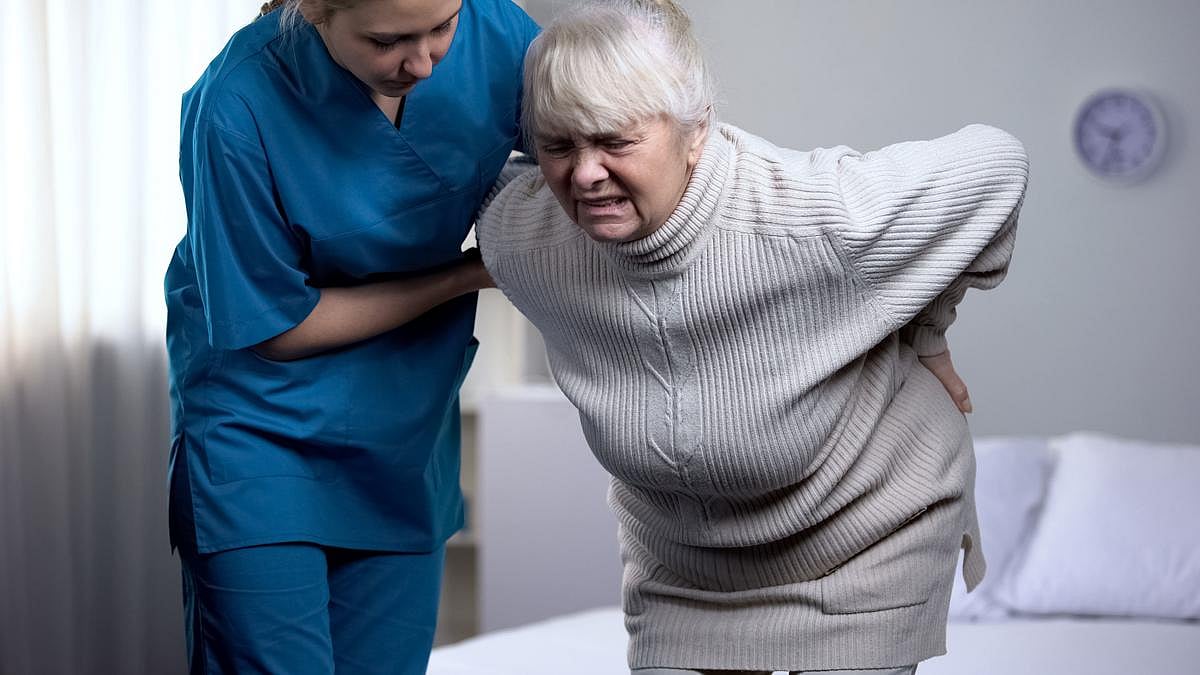Get Healthy!

- Dennis Thompson
- Posted July 11, 2025
Popular Chronic Pain Med Linked To Dementia Risk
A drug used to treat seizures, nerve pain and restless leg syndrome might be linked with increased risk of dementia, a new study says.
Regular gabapentin use appeared to increase risk of dementia by 29% and mild cognitive impairment (MCI) by 85%, researchers reported July 10 in the journal Regional Anesthesia & Pain Medicine.
What’s more, the risk was more than doubled in people normally considered too young to suffer from brain aging, those 18 to 64, results show.
“The findings of this study support the need for close monitoring in adult patients prescribed gabapentin to assess for potential cognitive decline,” wrote the research team led by Nafis Eghrari, a medical student at Case Western Reserve University in Cleveland.
“Moreover, this provides a foundation to further research whether gabapentin plays a causal role in the development of dementia and cognitive decline,” the researchers added.
Gabapentin has become increasingly popular for the treatment of chronic pain because it’s not nearly as addictive as opioids, researchers said in background notes.
But concerns have been growing that gabapentin might contribute to cognitive decline, since it works by suppressing communication between nerve cells, researchers said.
To examine this further, researchers analyzed records for more than 26,400 people who had been prescribed gabapentin for chronic low back pain, and compared them to a similar number of other back pain patients who hadn’t gotten the drug.
People who’d received six or more gabapentin prescriptions were more likely to be diagnosed with dementia or mild cognitive impairment within 10 years of their initial pain diagnosis, results show.
Looking at age groups, researchers found that 18- to 64-year-olds prescribed gabapentin were more than twice as likely to develop dementia or MCI.
This was driven mainly by 35- to 64-year-olds, among whom the risks of dementia more than doubled and MCI more than tripled, researchers said.
These risks also rose along with prescription frequency, results show. Those with 12 or more gabapentin prescriptions were 40% more likely to develop dementia and 65% more likely to develop MCI than those prescribed the drug three to 11 times.
Researchers noted that because this is an observational study, it cannot draw a direct cause-and-effect association between gabapentin and brain decline.
“We hope the current study promotes further research to delineate whether gabapentin plays a causal role in the development of dementia and the underlying mechanisms of this relationship,” the team concluded in their paper.
More information
The Cleveland Clinic has more on gabapentin.
SOURCES: BMJ Group, news release, July 10, 2025; Regional Anesthesia & Pain Medicine, July 10, 2025

